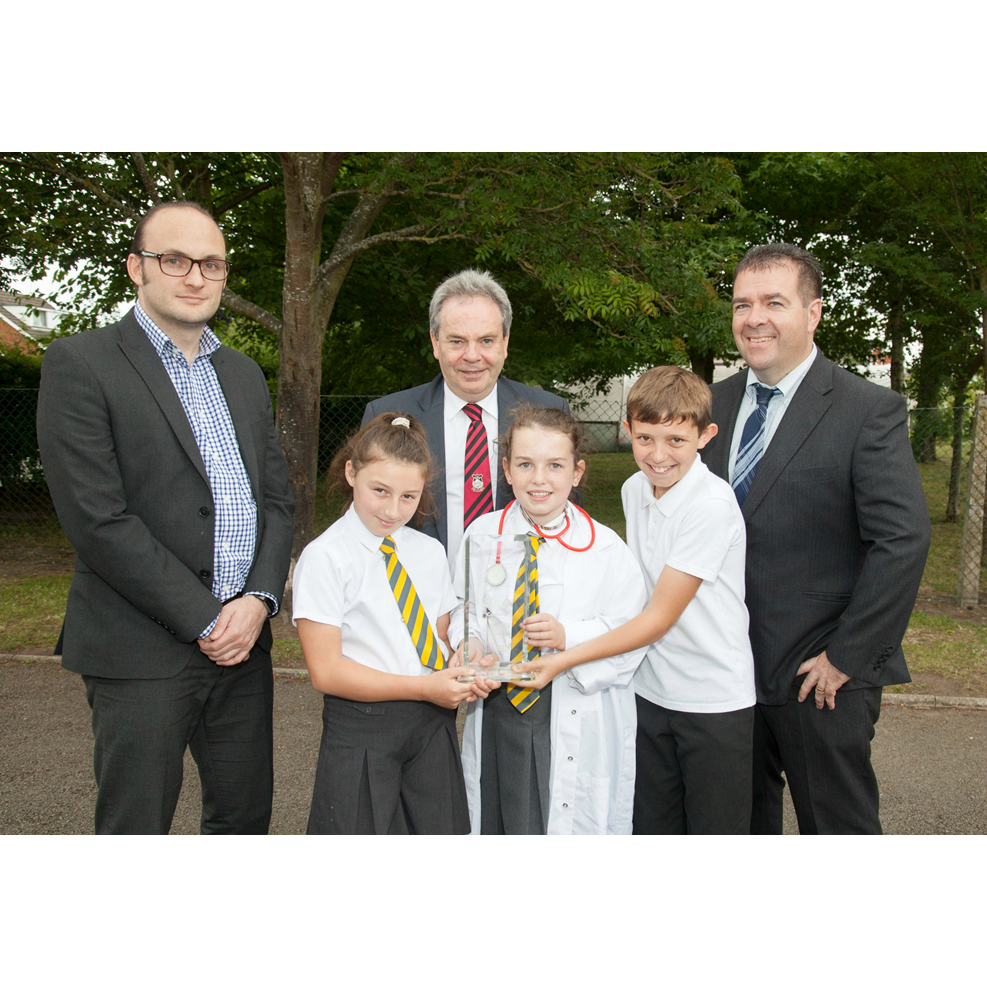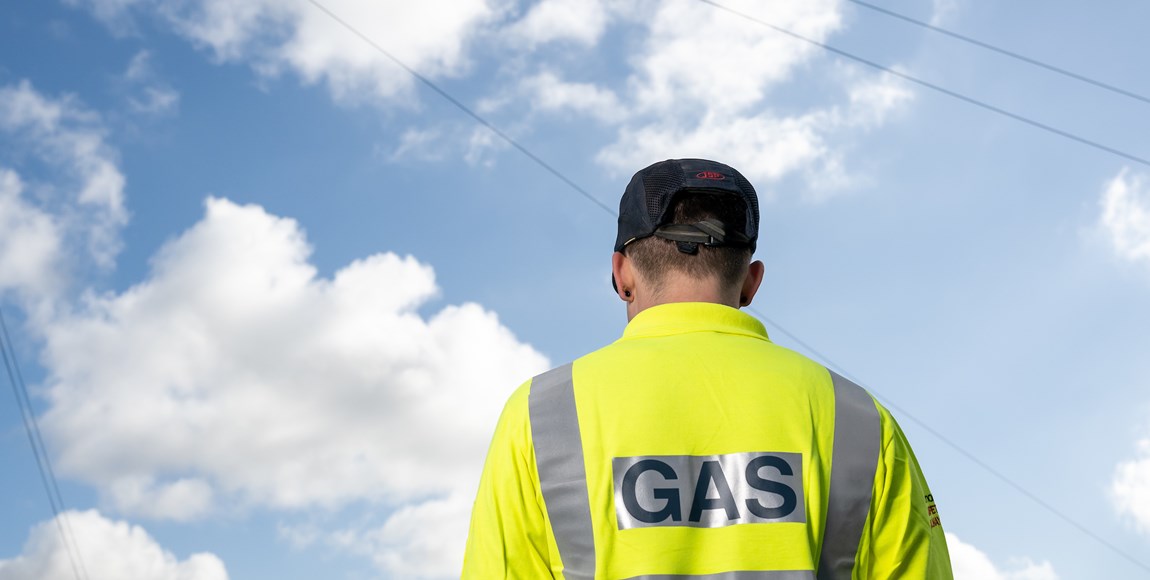A group of pupils from Wrexham have beaten off hundreds of entrants from across the UK to win a national competition after producing an eye-catching film which warns of the dangers of carbon monoxide (CO) poisoning.
The year 6 pupils from Borras Park Community School initially won the Key Stage 2 Welsh entry of the ‘Get Creative, Be Safe’ competition where they were invited to take vital carbon monoxide (CO) safety messages to the House of Commons. It was at the event they learnt that their entry had been chosen as the national winner of the competition which is run by industry body, Energy Networks Association, and supported locally by gas emergency and pipeline service Wales & West Utilities.
The safety competition, which was launched at the beginning of the year by ex-Wales and British Lions player Tom Shanklin, urged children aged 5 to 11 to produce an eye-catching poster, poem or entry in another medium which was both informative and accurate and raised awareness of the dangers of CO poisoning and how to avoid them. The competition is supported by all UK gas networks, including Wales & West Utilities.
 Reece Emmitt from Wales & West Utilities (and ex-Borras Park Community School pupil), Ian Lucas MP for Wrexham with Borras Park Community School winning pupils and teacher Dave Roberts
Reece Emmitt from Wales & West Utilities (and ex-Borras Park Community School pupil), Ian Lucas MP for Wrexham with Borras Park Community School winning pupils and teacher Dave Roberts
The pupils at Borras Park Community School produced an information film which explored the dangers of CO poisoning and the steps people should take if they suspect carbon monoxide.
As the winning entry from the category, Borras Park pupils joined other regional winners at the House of Commons where they collected a trophy along with a £450 cash prize for themselves and £900 for his school.
Commenting on the win, teacher, Mr Dave Roberts said:
“I was really proud of what the children achieved whilst making this film. They learnt about the seriousness that carbon monoxide poses and passed their knowledge on to other year groups.
“We had a fantastic day in London to collect our regional award for Wales but had no idea we had won the overall national award. That was the icing on the cake. The pupils all worked so hard on this project, but more importantly had fun doing it.
“They deserve this recognition. It is something to be celebrated as not everybody gets to be a national award winner.”
Ian Lucas, MP for Wrexham, met with the winning pupils to congratulate them on the win and said:
“It was a delight to welcome staff and children to Parliament and their wonderful film was a worthy winner. Wrexham is very proud of the achievement!”
Known as the silent killer because you can’t see it, smell it or taste it, accidental – and therefore preventable - CO poisoning is responsible for around 40 deaths, 200 hospitalisations each year. In the UK, there are more than 4,000 visits to Accident and & Emergency for treatment of CO poisoning – which can often lead to lasting neurological damage.
Symptoms of CO poisoning are often confused with flu, especially in winter, as they include severe headaches, a sore throat, dizziness, coughing, feeling sick, and a general lack of energy.
Wales & West Utilities Head of Emergency Service, Clive Book, said:
“The pupils at Borras Park should feel incredibly proud of themselves. They were worthy winners of our regional competition and to win the national round is amazing. The film is fantastic and it is clear to see that a lot of time and effort went into making it.
“The competition was a huge success and this year we received more entries than any other gas network in the UK which we are delighted with. We hope that with everyone taking part they have been able to help spread the vital gas safety messages to their friends and loved ones.”
Wales & West Utilities, the gas emergency and pipeline service, takes pride in serving Wales and the south west of England. If anyone smells gas, thinks they have a gas leak, or suspects carbon monoxide poisoning, they should call us on 0800 111 999 and our engineers will be there to help, day or night.
The company also has a multi-million pound, 30-year gas pipe investment programme which began in 2002. Old metal pipes within 30 metres of buildings are being replaced with new long-lasting plastic pipes with a lifespan of more than 80 years, to make sure homes and businesses continue to receive a safe and reliable gas supply now and in the future.



